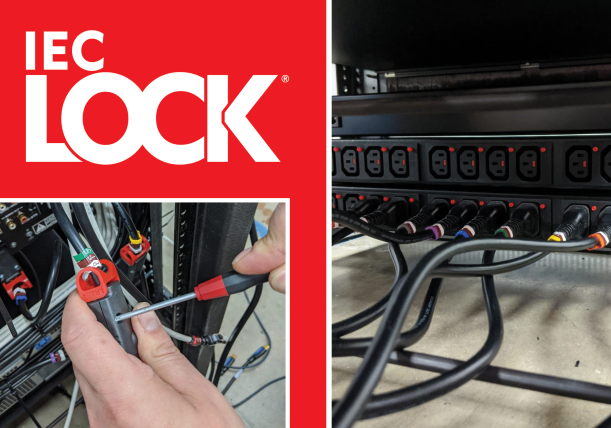Simon Joyce, Managing Director at Anchor Vans, discusses the impact on vans that delivering goods for multiple short journeys could have.
If you run a small to medium-sized delivery business, you’ll know just how important your customers are to its success. With customer expectations having never been higher, providing fast, efficient and reliable delivery services should be at the top of your priority list.
To keep your customers happy while hitting your budget, it’s all about efficiency. Reducing the number of trips made back to the depot or head office can have a big impact on profits, not to mention saved time.
Planning
Taking the time to plan your drivers’ routes is a great place to start – by reducing the amount of shorter trips your team has to do, you’ll be saving fuel, time and cutting down on wear and tear of the vehicle. Starting and stopping regularly can cause the vehicle more damage than longer drives.
When it comes to the size of your van, it really is a balancing act. Some business owners believe investing in a larger van will help save on costs. This isn’t necessarily the case – a larger van will, of course, cost more to run, as well as fix when things go wrong. On the other hand, a van that is too small can mean more trips back to HQ to pick things up throughout the day. When selecting your van, do some careful analysis on the number of goods your drivers are typically transporting in a day. If you’re delivering smaller, easier to transport items you probably won’t want a lorry to do the job!
Which vans are best for short journeys?
There are a number of factors to consider when selecting the right van for your business. If your team are regularly carrying out shorter journeys, you’ll want to choose a vehicle that is light, compact and reliable.
The best vans for short journeys in 2019 are:
- Peugeot Bipper
- Citroen Berlingo
- Vauxhall Combo
- Ford Transit Connect
Not only are these smaller vans great value for money, they are ideal for shorter journeys thanks to their reliability, low fuel consumption and capacity. If your budget stretches to a newer model, you can enjoy high-tech functionality like a built-in Sat Nav which can be a real time saver.
When purchasing your van, always seek out a reputable dealership to ensure you’re covered should something go wrong. Look out for extended warranties, money-back guarantees and do your research online to find the best deal before visiting the forecourt.
Economy impact
It’s no surprise that making shorter journeys will affect the lifespan of your vehicle. Shorter journeys put more strain on the engine, and you’re using key vehicle components such as the brakes, clutch and gears more than you typically would on regular drives. You will also find that shorter journeys use up more fuel than longer rides, which isn’t great for the environment.
Maintenance
Just like car maintenance, regular van servicing is a must to maintain your vehicle for as long as possible.
For smaller vans, a full service is recommended once a year, with an interim service at the six-month mark. However, if your vehicle is exceeding 20,000 miles a year, you may want to invest in two full services a year to ensure everything is in good working order. Failing to keep up with regular servicing can lead to costly repairs down the line, so it’s really important to follow the vehicle’s recommended service schedule.
DPF
If you drive a diesel van, you’ll also want to pay close attention to your Diesel Particulate Filter (DPF), too. Diesels are fitted with this vital filter to help flush out engine build-up that can occur over time. However, you’ll need to drive your vehicle for at least 20 minutes at a time (ideally at speeds over 60mph) to ensure the DPF is able to flush the engine out correctly – something that won’t happen if you’re typically driving short distances.
If you have a diesel van, don’t worry. There are things you can do to prevent a clogged DPF. Each week, drive the van on a motorway or high-speed road for at least 20 minutes to ensure the DPF has enough time to regenerate and clear out any residue that may have built up. In addition, try a DPF cleaning fluid – there are several great options available to buy yourself without having to go to a car garage – and pour into the engine every few months or so to keep everything clean and working as it should.
FOR FURTHER INFORMATION
To learn more about different van options for your business, visit: https://www.anchorvans.co.uk/





